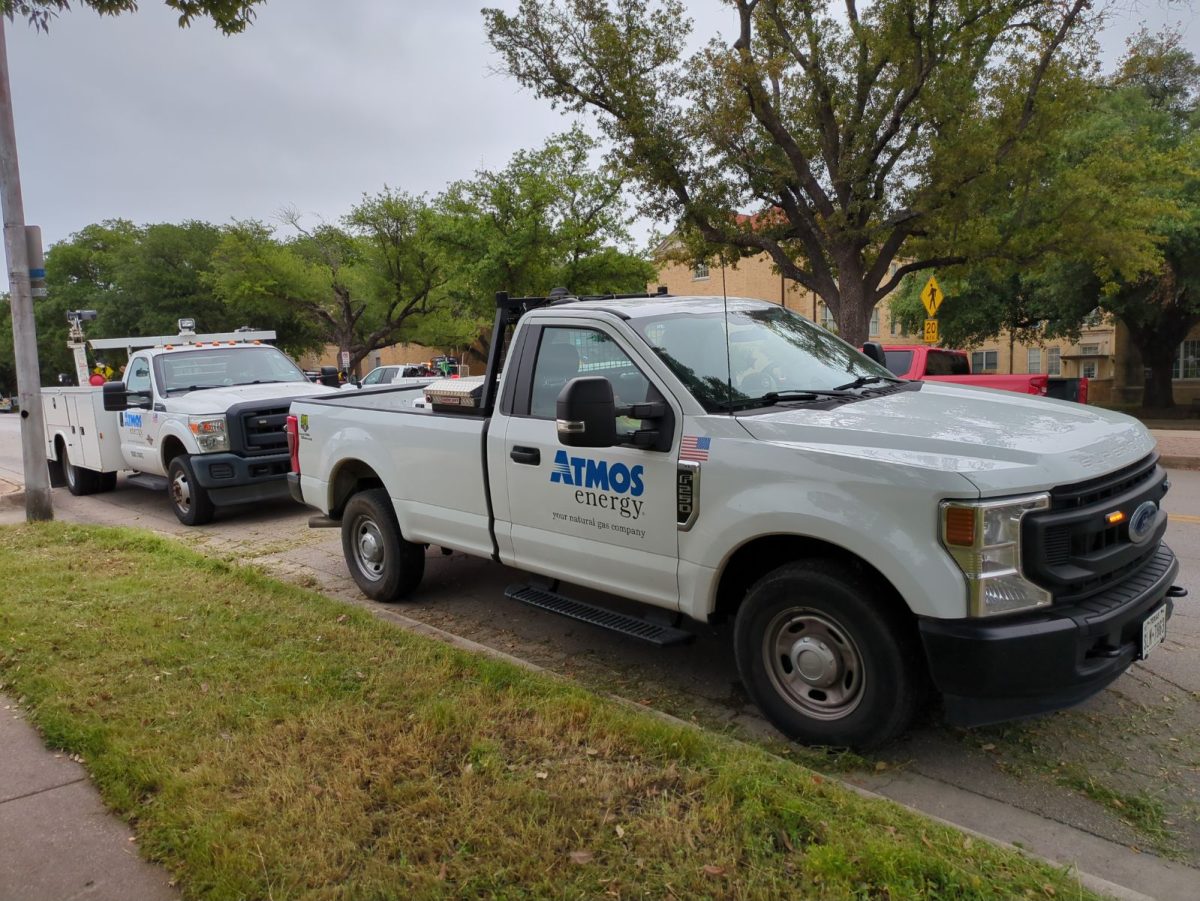There was a headline the other day that bothered me: “Algae-Powered Cars.” Yes, it’s true! Now you can power your car with the same stuff floating in your uncle’s crappy swimming pool that hasn’t been touched in years – but you probably won’t.
I’ll go out on a limb: No one reading this, including me, will ever power a car with sewage, hemp, animal fat, vegetable oil, corn, sugar, electricity, air, water or sunlight either.
We have plenty of alternatives to fossil fuel. What we do not have is an antidote for society’s addiction to it. Fossil fuels were once a positive force in society providing the means for innovation and improving the quality of life, but things have changed.
Petroleum is now causing more problems than it’s solving. It has changed from a cure into an infection at the root of the world’s most debilitating ills.
There is the potential harm to the environment resulting from the abuse of fossil fuels, but perhaps more troubling is the sociopolitical mess that non-renewable energy has created.
Unfortunately, a huge portion of the world’s decomposed plants and animals has turned into precious black slime that exists under oppressive, authoritarian regimes that rely on it to preserve their power.
According to the Institute for the Analysis of Global Security, 66 percent of global oil reserves are controlled by Middle Eastern regimes.
By being dependent on foreign oil the U.S. is supporting these regimes, inadvertently contributing to the political instability in the Middle East.
The only way we can improve this situation is to change the way we live.
Fossil fuels are so interwoven in American culture that breaking our addiction to them will undoubtedly be a long and difficult process. They have contributed to the comfortable, numbing lifestyle that we are all guilty of enjoying, so it’s easy to just ignore the problem.
Fortunately though, it’s just as easy to be part of the solution.
Ride your bike or walk somewhere every once in a while.
Be conscious of your household energy consumption.
Next time you’re thinking about buying that new Hummer – don’t.
Everyday we wake up in our peaceful neighborhoods and go to class on this beautiful campus where we don’t have to think about people being oppressed by dictators that our government supports because we love our oil so much.
And I’m not telling you to drop this paper right now and go modify your car to run on algae – I’m urging you to think a little more about how the little things we take for granted in our lives have an effect on this world.
Alex Zobel is a senior news-editorial journalism major from Albuquerque, N.M.




